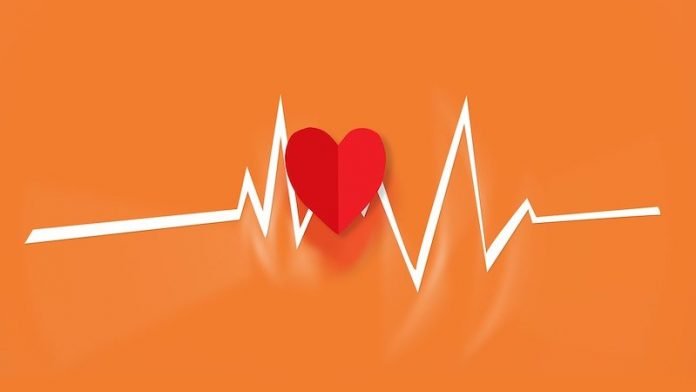
The malaria drug hydroxychloroquine, which has been promoted as a potential treatment for Covid-19, is known to have potentially serious effects on heart rhythms.
But in a new study, researchers found the drug creates serious disturbances in the electrical signals that govern heartbeat.
They found that the drug made it “surprisingly easy” to trigger worrisome arrhythmias in two types of animal hearts by altering the timing of the electrical waves that control the heartbeat.
The findings clearly show how the drug can cause cardiac electrical signals to become dysfunctional.
The research was conducted by a team at the Georgia Institute of Technology and elsewhere.
In the study, the team illustrated experimentally how the drug actually changes the waves in the heart, and how that can initiate an arrhythmia.
They demonstrated that with optical mapping, which allows them to see exactly how the waveform is changing.
This gives people a visual demonstration of how the drug can alter the wave propagation in the heart.
What the team saw was an elongation of the T wave, a portion of the heart cycle during which voltages normally dissipate in preparation for the next beat.
By extending the QT portion of one wave cycle, the drug sets the stage for disturbances in the next wave, potentially creating an arrhythmia. Such disturbances can transition to fibrillation that interferes with the heart’s ability to pump.
The ability to easily trigger disturbances known as “long QT” reinforces cautions about using hydroxychloroquine (HCQ) in humans – particularly in those who may have heart damage from Covid-19.
The team says this finding is very concerning and, in combination with the clinical reports of sudden death and arrhythmia in Covid-19 patients taking HCQ, suggests that the drug should be considered a potentially harmful medication and its use in Covid-19 patients be restricted to clinical trial settings.
One author of the study is Flavio Fenton, a professor at the School of Physics.
The study is published in the journal Heart Rhythm.
Copyright © 2020 Knowridge Science Report. All rights reserved.



